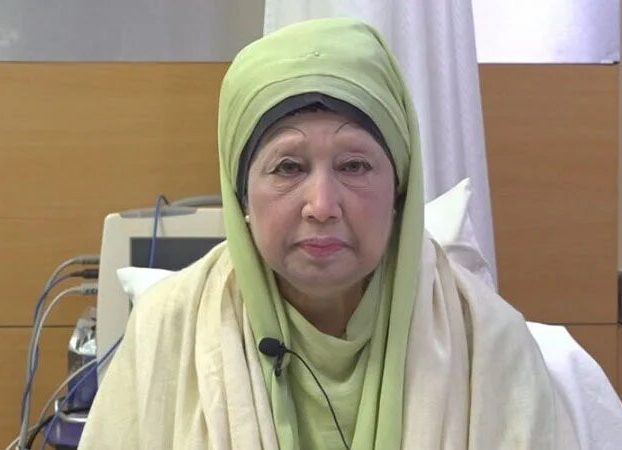
Weak supervision is one of the reasons for the distress of the banking sector. The central bank is facing criticism for not taking the right policy at the right time. Many officials of Bangladesh Bank have said that how the supervision of the banking sector will be mainly depends on the senior officials. However, in recent times supervision has been discouraged in various ways. Again, even if the number of banks is increasing, the central bank is not increasing the manpower, on the contrary, the facilities are being reduced. There is dissatisfaction among them.
Those concerned said that the meeting was called last May to protest against the reduction of officials’ facilities but could not do so in the end. At that time, the governor assured the council leaders of speedy resolution of the problem. But still no problem is solved. Even though the number of banks has increased, the number of posts in the central bank has not been increased. There is dissatisfaction with these. Again due to various reasons the supervisory system over the banks has been weakened in recent times. Many details have to go to the Deputy Governor or Governor for decision. Previously, these matters had to go to the departmental level or the highest executive director level. Now even minor inspection reports have to be given to the Deputy Governor. Thus the speed of work has decreased.
Bangladesh Bank Executive Director and Acting Spokesperson Saiful Islam told media that what level of officials can take decisions is fixed in the employment rules. After this, many times someone may send the file to the higher level on their own. Doing so to slow down the work is not the case at all.
One of the three functions of the central bank is to control inflation through monetary policy, to regulate the foreign exchange market and to supervise the banking sector. High inflation has prevailed in the country for 23 consecutive months. Artificially holding down the dollar rate and interest rates is coming up again and again for inflation. To facilitate importers, the central bank kept the interest rate capped at 9 percent from April 2020 to June last year. For a long time, the dollar rate was locked at 84 to 86 rupees. However, due to the post-corona Russia-Ukraine war, the artificial system could not be maintained. The dollar rose from 84 rupees to 118 rupees and domestic and foreign interest rates increased a lot. All in all, inflation is no longer under control.
In July 2022, the current governor, Abdur Rauf Talukder, announced in a press conference after his accession that even if all countries in the world raise interest rates, the limit will not be withdrawn in Bangladesh. Inflation will be brought under control within three months with the ‘out of box’ decision. And the dollar market will be fixed in November-December.
The executive director of the private research institute Policy Research Institute. Ahsan H. Mansoor told media that the decision should be made according to the general rules of economics. Effective measures to control inflation have been taken too late. A long time ago, the dollar rate needed to be market based. Interest should have been left to the market. Decisions taken belatedly cannot be reversed. Apart from this, we have to move away from the position of keeping the bank alive by printing money.
Executive director of Sanem and professor of Dhaka University. Salim Raihan said in a recent event that the decision to make the interest rate market-based and increase the dollar rate was too late. Interest rates are generally raised to reduce inflation by reducing people’s purchasing power. High inflation has reduced people’s purchasing power to a point where the dollar is no longer affected by rising interest rates.

 Reporter Name
Reporter Name 


















